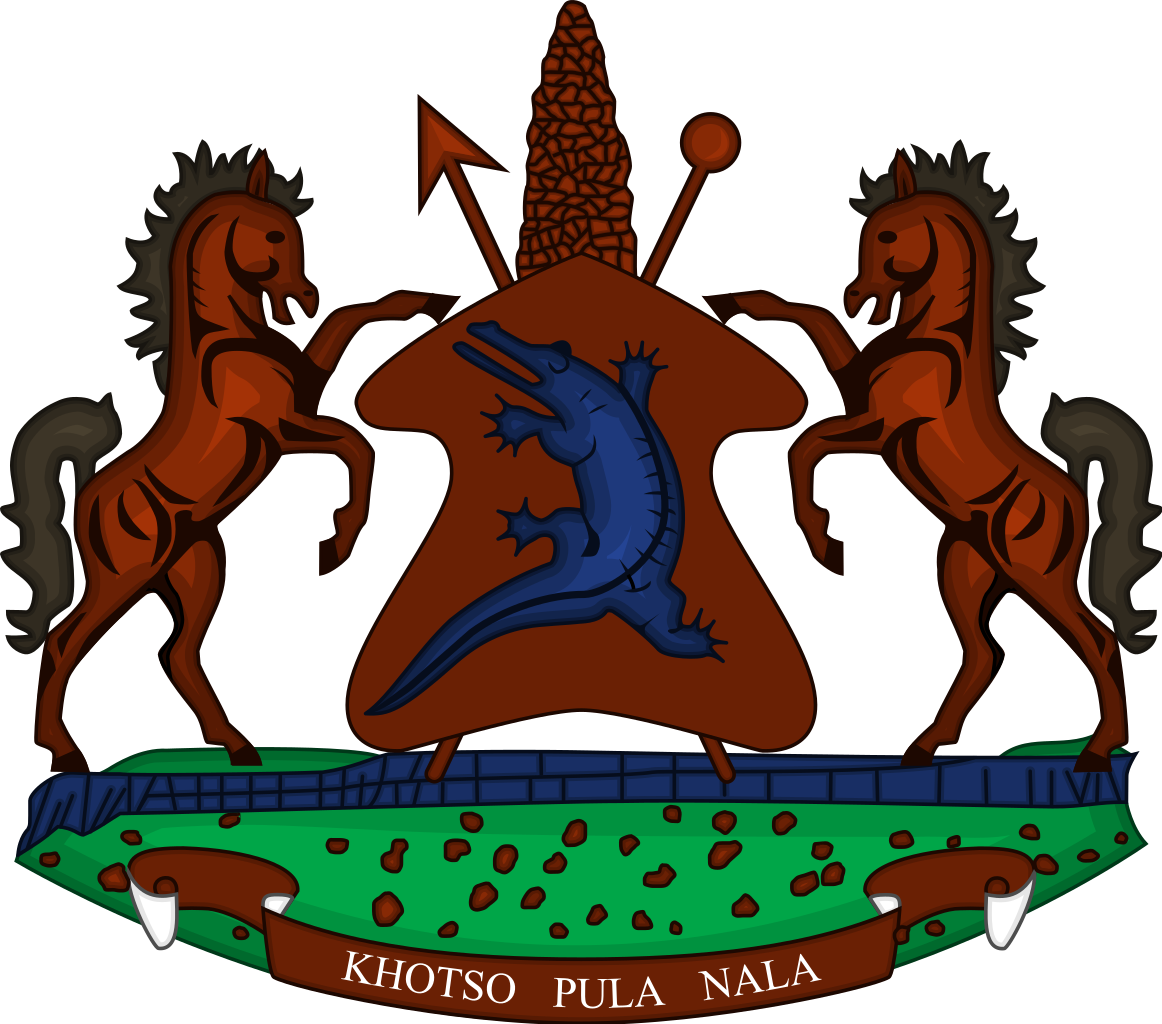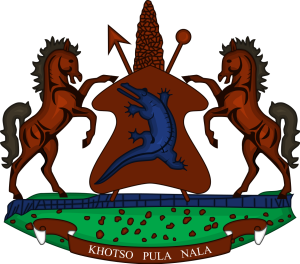Up to 115 000 Basotho and businesses in the Lesotho Lowlands will have access to improved water as a result of about M1.1 billion equivalent to ($78billion) financing from the International Development Association (IDA) for the country’s water supply scheme.
According to a press release issued by the World Bank, the funding for the Lesotho Lowlands Water Development Project Phase II will build on the work done under Phase I, which included the completion of the Metolong Dam and Water Supply Programme that provides water supply services to the domestic and industrial water requirements for the capital.
The World Bank said the project will also assist in improving the technical and financial performance of Lesotho’s Water and Sewage Company (WASCO) for better sanitation infrastructure and services.
Through this project, the World Bank will assist the Government of Lesotho to provide a reliable water supply, which is critical to improving the quality of life of Basotho and to the industrial areas including the textile sector for improved productivity and job creation.
”This is in line with the World Bank’s twin goals to reduce poverty and promote shared prosperity,” the World Bank Country Director for Lesotho, Botswana, Namibia, South Africa, Swaziland, Zambia and Zimbabwe, Paul Noumba Um has said in a statement.
Water is one of Lesotho’s most valuable natural assets and it is central to the country’s long-term growth prospects.
The country’s access to water supply services is relatively high compared to other countries in Sub-Saharan Africa, however, the reliability and quality of water supply services remains a challenge in both rural and urban areas.
The Lesotho Lowlands Water Development Project Phase II aims to finance activities to improve access to reliable domestic and industrial water supply services in the towns of Maputsoe and Hlotse, as well as settlements and villages along the transmission pipeline route.
The project will also support the enhancement of WASCO’s performance by incentivising the delivery of measurable operational improvements facilitated by change management support.
These improvements include, improving the quality of its technical and financial data to facilitate decision making and delivering on technical and financial performance against annual targets set by the Lesotho Electricity and Water Authority.
“The project will help reduce the time and effort needed, especially for women and children, to collect water. It will also help reduce the incidence of waterborne diseases caused by consumption of contaminated water and the associated costs of accessing treatment,” Catherine Signe Tovey, World Bank Global Practice Manager for Water has said in a statement.
“The project is also expected to promote economic growth and jobs by providing reliable water services to the industrial sector in the Maputsoe area which has been severely affected by the water crisis in the past few years.”
The World Bank’s international Development Association (IDA), established in 1960, helps the world’s poorest countries by providing grants and low to zero-interest loans for project and programs that boost economic growth, reduce poverty, and improve poor people’s lives.
IDA is one of the largest sources of assistance for the world’s 77 poorest countries, 39 of which are in Africa. Resources from IDA bring positive change to the 1.3 billion people who live in IDA countries.
Since 1960, IDA has supported development work in 112 countries.
Annual commitments have averaged about $19 billion over the last three years, with about 50 percent going to Africa.
Source: LENA 19/05/2019





